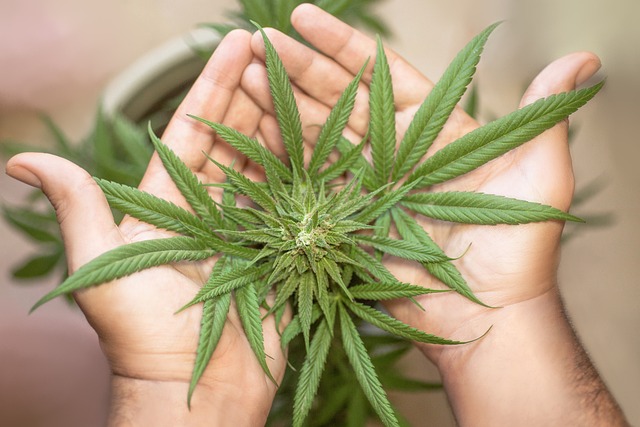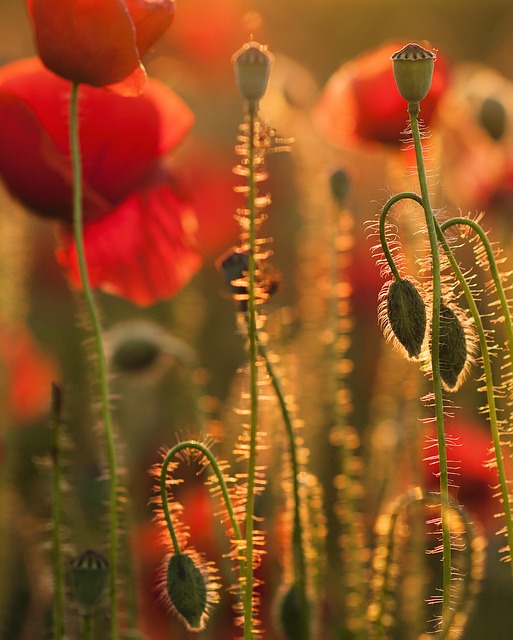THCA buds for relaxation are gaining popularity as a non-psychoactive alternative in cannabis therapy, offering potential health benefits and promoting calm without the psychoactive effects associated with THC. These buds interact with the endocannabinoid system, particularly by influencing neurotransmitter release like GABA, which is associated with relaxation. Consumption methods include smoking, vaporizing, or infusing into edibles, with inhalation providing swift stress relief. Users often report a deep sense of relaxation without cognitive impairment, making THCA buds suitable for daily use. Scientific research is investigating THCA's anti-inflammatory and neuroprotective properties, which could further enhance its therapeutic effects. As an emerging option in the cannabis market, THCA buds present a promising solution for relaxation, providing a natural and effective means to manage stress and maintain mental balance.
Discover the therapeutic potential of THCA buds, a natural compound offering a pathway to relaxation. This article delves into the benefits of THCA flower, exploring its unique properties and how it interacts with the body’s endocannabinoid system to promote tranquility. From understanding what THCA is and how it differs from THC, to sourcing high-quality buds and various consumption methods, we cover it all. Learn about the entourage effect, dosage guidelines, legal considerations, and more. Whether you’re seeking a complementary treatment for stress and anxiety or looking to enhance your wellness routine, THCA buds for relaxation could be your next wellness discovery. Join us as we navigate the science, cultivation, and practical applications of THCA flower.
- Unveiling THCA Buds: A Natural Pathway to Relaxation
- The Science Behind THCA and Its Relaxing Properties
Unveiling THCA Buds: A Natural Pathway to Relaxation

THCA, or Tetrahydrocannabinolic Acid, is a natural compound found in cannabis plants that has garnered attention for its potential therapeutic properties. When heated, THCA converts to THC, the psychoactive component of cannabis often associated with euphoria and altered states of consciousness. However, THCA itself is non-psychoactive, making it a preferred choice for those seeking the potential benefits without the ‘high’ effect. THCA buds for relaxation are increasingly being explored as a means to promote a sense of calm and tranquility. These buds contain high levels of THCA, which interact with the body’s endocannabinoid system, potentially influencing mood and stress responses.
Incorporating THCA buds into one’s relaxation routine can be done through various methods, such as smoking, vaporizing, or infusing them into edibles. The onset of effects may vary depending on the consumption method; for instance, inhalation methods typically offer a quicker relief from stress compared to ingestible products. Users often report feelings of deep relaxation without impairment, making it conducive for use during the day or evening. The anti-inflammatory and neuroprotective properties of THCA are also being studied, which may contribute to its overall relaxing effect by reducing discomfort and supporting the nervous system’s health. As interest in natural alternatives for relaxation grows, THCA buds present an intriguing option worth considering for those seeking a peaceful state of mind.
The Science Behind THCA and Its Relaxing Properties

Cannabis enthusiasts and researchers have long been intrigued by the potential therapeutic properties of THCA, or tetrahydrocannabinolic acid, which is the raw, non-psychoactive form of THC found in cannabis plants. THCA is present in high concentrations in raw cannabis flowers and buds and has been the subject of numerous studies exploring its impact on human physiology. One of the notable effects of THCA is its ability to promote a state of relaxation without the psychoactive “high” associated with its decarboxylated form, THC. This distinction is particularly appealing for individuals seeking the calming benefits of cannabis without altered perception or cognitive impairment.
The science behind THCA’s relaxing effects lies in its interaction with the body’s endocannabinoid system, a complex network that regulates mood, pain sensation, inflammation, and memory, among other functions. THCA binds to cannabinoid receptors, particularly CB1 receptors found primarily in the brain and CB2 receptors found throughout the body, influencing neurotransmitter release and modulating neuroreceptor activity. This binding action is thought to facilitate a sense of tranquility by reducing stress signals within the central nervous system and encouraging the release of neurotransmitters like GABA, which is associated with relaxation and a reduction in anxiety levels. As such, THCA buds for relaxation are increasingly being recognized as a natural approach to alleviate daily stress and promote a more balanced state of mind.
THCA buds offer a natural, relaxing alternative for those seeking relief from stress. The science underscores their potential as a soothing agent, making them a compelling option for many individuals. As we’ve explored, incorporating THCA buds into one’s wellness routine can contribute to a state of calm and tranquility, without the psychoactive effects associated with other cannabinoids. In light of the information presented, it’s clear that further research is warranted to fully understand the breadth of benefits these buds have to offer. Nonetheless, for those interested in exploring THCA buds for relaxation, it’s a promising addition to consider within one’s self-care practices.
